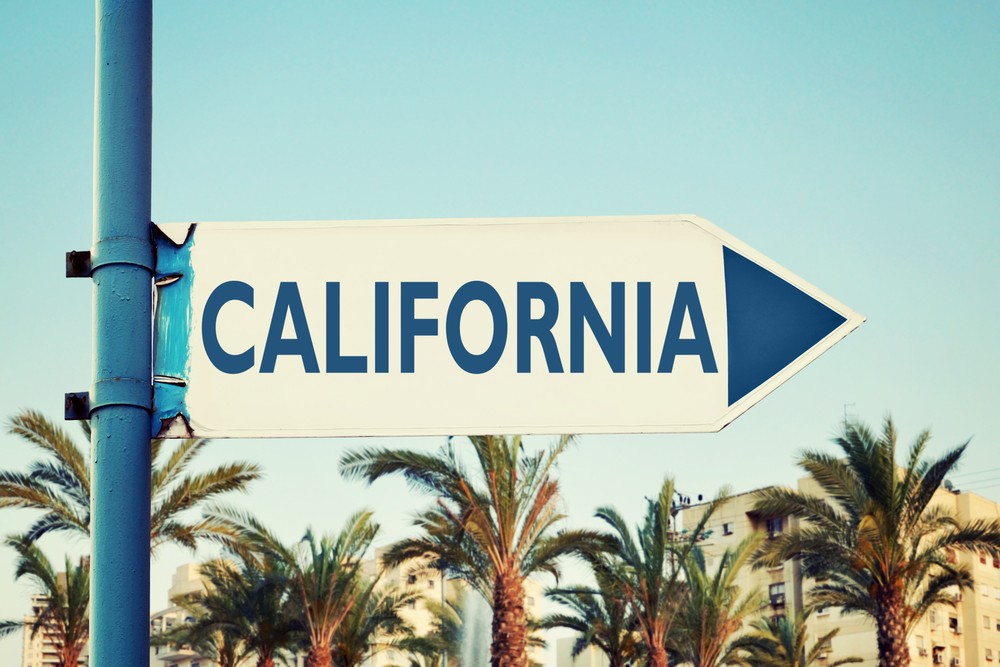
How to Become a Social Worker in California
California is in need of social workers. Although the Golden State has 24,656 licensed social workers, it is expected that in coming years the need for additional social workers will rise by 31%. In particular, California is always in need of social workers for:
- Community development corporations
- Mental health clinics
- Military bases and veterans affairs clinics
- Nursing homes
- Schools
- Child welfare and human service agencies
- Hospitals
- Substance misuse clinics
- Settlement houses
- Correctional facilities
- Private practice
Given California’s need for social workers, many people are considering a career in this field. However, the process of becoming a social worker in California can appear confusing to someone just beginning. In this article we hope to demystify the process for you, breaking down the various steps a person needs to follow to become a LCSW in California. Keep in mind, however, that not all the steps below are sequential, as some of them can be fulfilled concurrently.
If you have completed any of these steps in another state and are wishing to transfer to California, see LCSW Out-of-State Applicant Information.
Step #1: Get a Degree in Social Work
Many universities in California offer a Bachelor of Social Work (BSW). Although this degree is insufficient to work as a licensed clinical social worker, there are some jobs that may be available to someone with a BSW. Such jobs might include working in general social work practice, some entry-level social work positions, or working as a case manager or residential counselor. Those who are completing a BSW are expected to spend time in their senior year completing an internship.
To become a licensed clinical social worker, one must complete a Master of Social Work (MSW). It is possible to enroll in a MSW program even if one doesn’t have a BSW, although some type of bachelor's degree is necessary. An MSW is the highest degree for social workers in the field. However, those wishing to teach at a university or perform research do need a higher degree.
When choosing a university for either of these degrees, make sure it is a CSWE-accredited program.
Step #2: Become Registered as an ASW
After a person completes their MSW, they must register to become an Associate Clinical Social Worker (ASW) in order to begin work as an associate and obtain hours for licensure. If the master's degree is from another state, the registrant will need to first complete an 18-hour course on California Law and Professional Ethics before being able to register as an ASW. They may also need additional coursework and the 18-hour Law & Ethics course.
The form for registering to become an ASW can be found in the Associate Clinical Social Worker Registration Application Packet.
For frequently asked questions about ASWs, see the BBS’s publication Important Answers to Frequently Asked Questions for Associate Clinical Social Workers.
Step #3: Gain Hours of Supervised Experience
The next step is to do supervised internship work for a total of 3,200 hours. At least 750 of these must be in psychotherapy, while 2,000 must involve a combination of diagnosis, assessment, treatment, counseling, and psychotherapy. A maximum of 1,200 hours of research, evaluation, consultation, and advocacy can be counted toward the total. A breakdown of this required experience can be found in this breakdown published by the Board of Behavioral Sciences.
Step #4: Complete Additional Coursework
Coursework may also need to be completed on top of your Master of Social Work before a candidate will be eligible to take the licensure exam. A breakdown of this additional coursework can be found at the BBS’s page Navigating the LCSW Licensing Process.
Step #5: Apply to take the California Law and Ethics Exam
During the period of internship, a candidate is required to take the California Law and Ethics exam. If a candidate does not pass this exam during the period internship, then he or she is required to take a 12 hour course on California’s law and ethics rules. Candidates can apply to take this course here.
Step #5: Apply to Take the Clinical Exam
Although California used to have its own exam, all social work candidates are now required to take the Clinical level of the ASWB exam. Information on how to apply for this exam and what to take with you to the exam center, can be found in the ASWB Examination Candidate Handbook.
Step #6: Take and Pass the Clinical Exam
The LCSW exam is administered through Pearson Professional Centers. The 4-hour exam involves 170 items, of which 150 are scored (the remaining 20 questions are pretest items that do not count towards the final score).
After completing your exam, you will be given a score report, showing the number of questions you answered correctly and the number of questions required to pass the version of the exam you took.
If a candidate fails, there is a 90-day waiting period before they can apply to retake it.
Information about how the test is scored can be found in the Exam Scoring section of the ASWB website.
For examples of the type of question you might expect to see on the social work exam, sign up for our free Sample Exam!
Step #7: Apply for Licensure
Once a candidate has successfully passed the LCSW exam, they have a year to apply for a clinical social worker license. The application form for this license can be found here.
A Short and Simple Guide to Starting Your Study Plan
This sample kit will introduce you to your licensing exam and a guide you to the tools available for your study plan.




